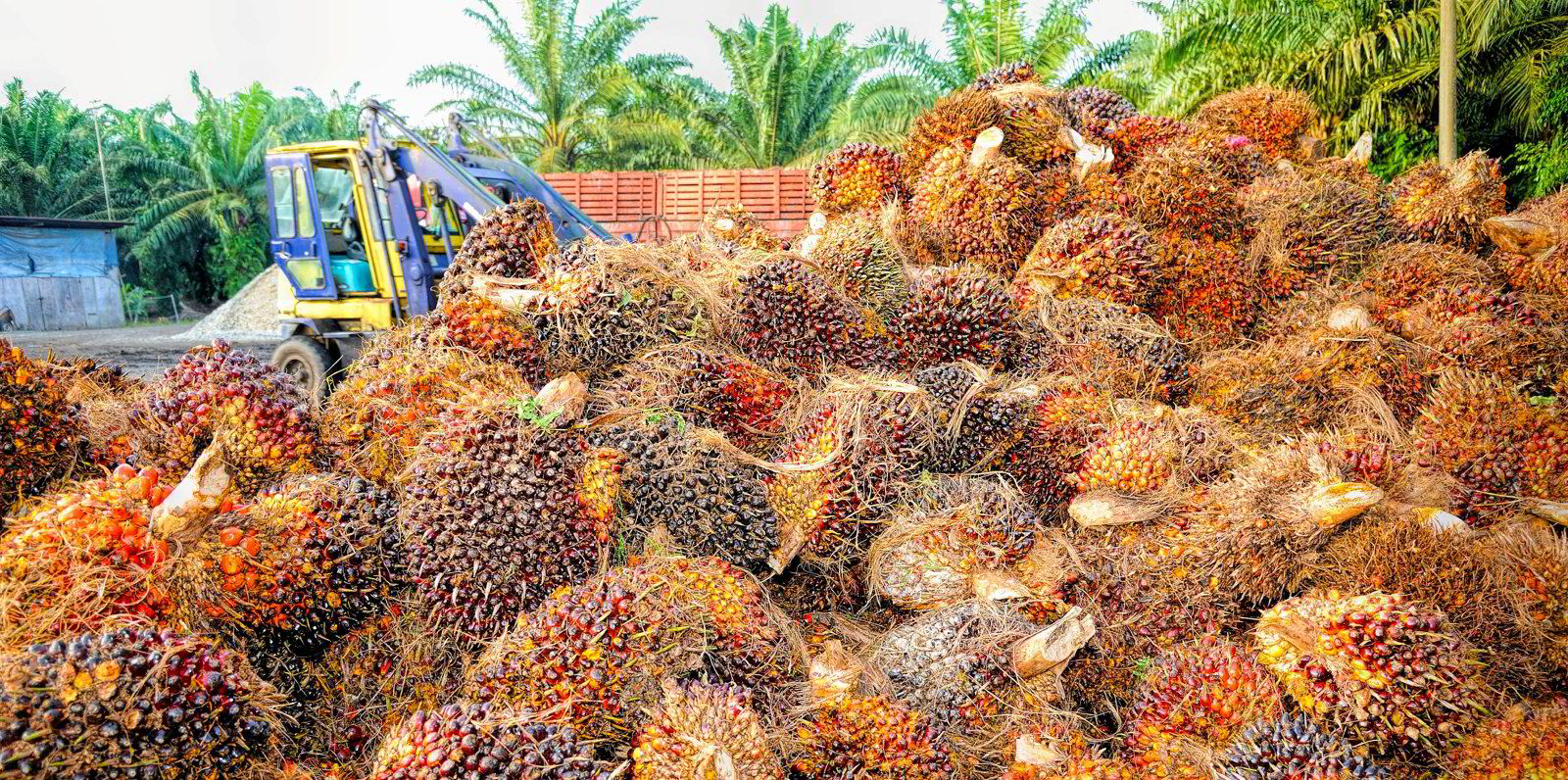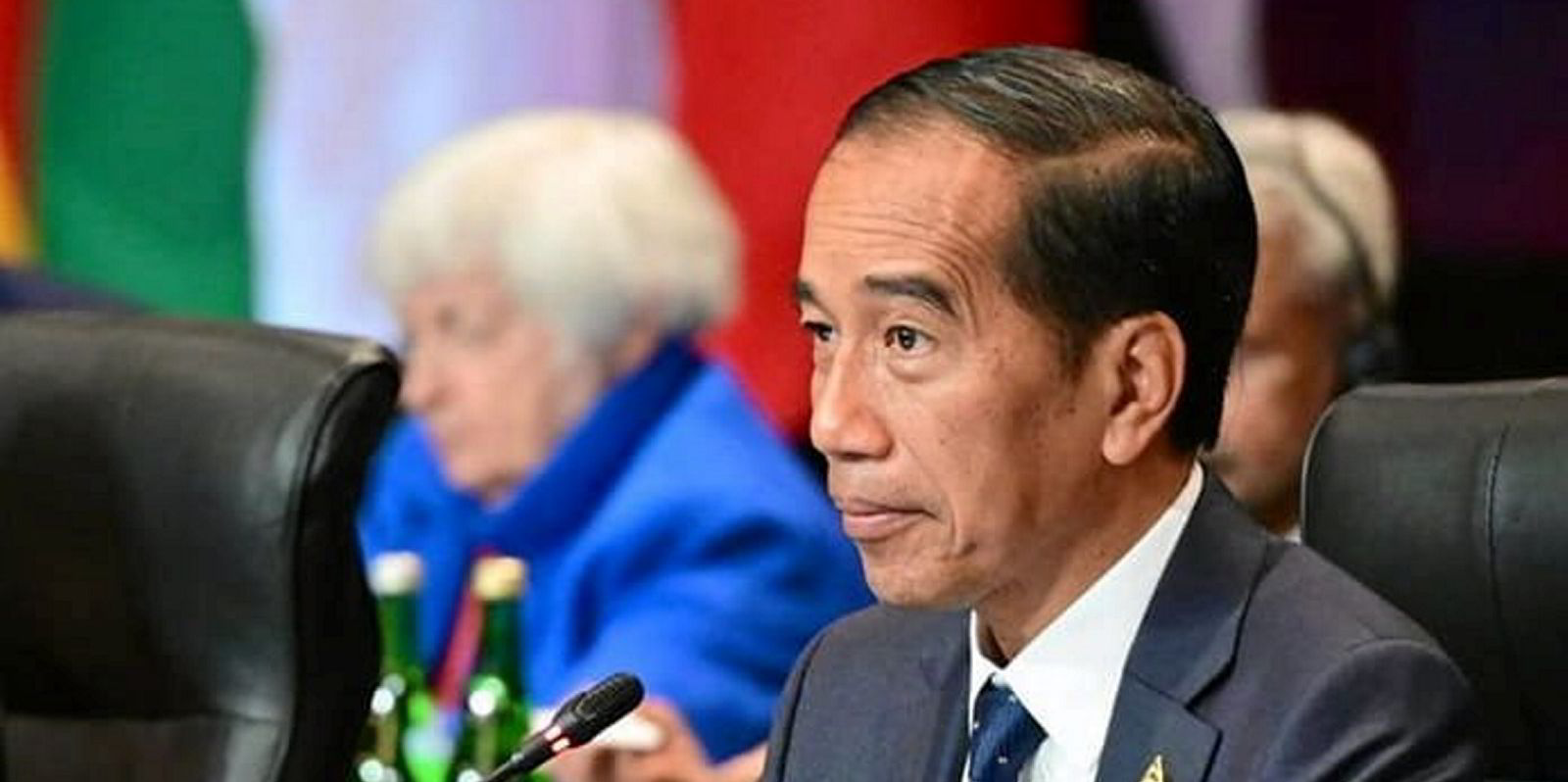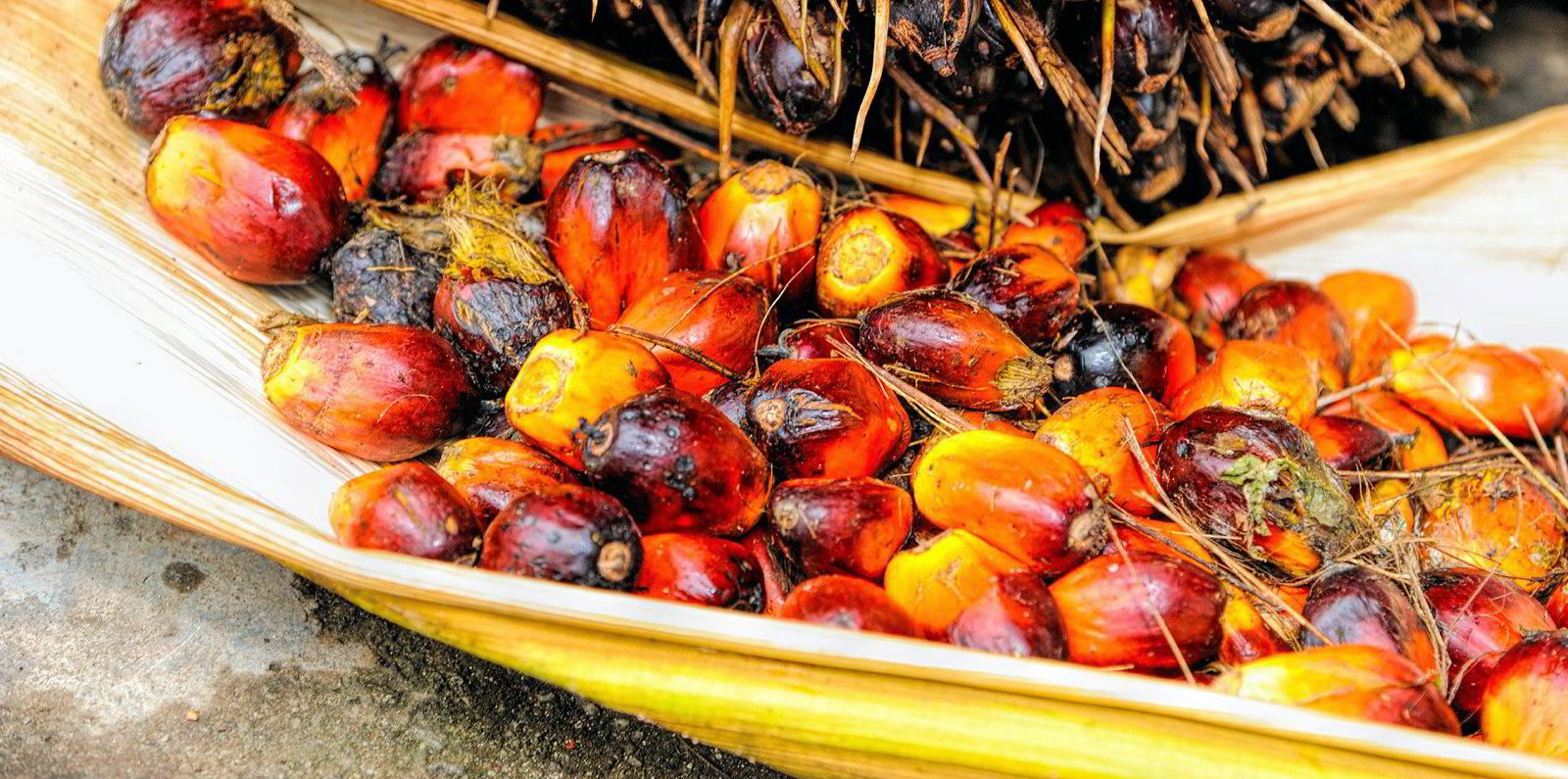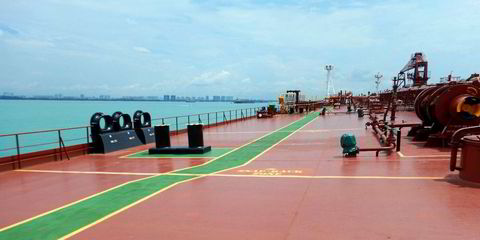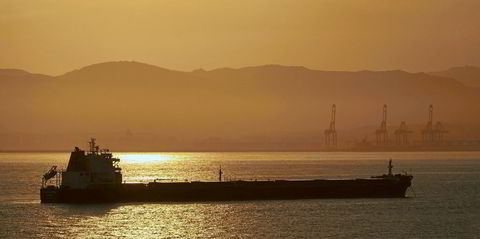Malaysia, the world’s second-largest palm oil producer, has said it may consider halting exports to the European Union (EU) over its new deforestation regulation.
The country’s deputy prime minister Fadillah Yusof said Malaysia would discuss any action with South East Asian neighbour Indonesia.
In December, EU countries agreed on a new law that will stop products causing forest destruction from being sold in European shops and supermarkets.
Products like wood, rubber, beef, leather, cocoa, coffee, palm oil and soy will not make it past the port unless proven to be deforestation-free.
The agreement still needs to be formally adopted by both co-legislators and will then enter into force. This is expected to happen in the first half of 2023.
Once the EU legislation is in force, operators and traders will have 18 months to implement the new rules. Micro and small enterprises will benefit from a 24-month adaptation period, as well as other specific provisions, according to the EU.
Yusof, who is also Malaysia’s minister of plantations and commodities, said at a recent media briefing that stopping shipments to the EU was an option.
“That is one of the options for us, but we have to discuss with Indonesia,” he said, adding that stronger cooperation between the two nations is important to overcome trade barriers and negative campaigns against palm oil.
However, the EU’s ambassador to Malaysia said the EU was not banning any imports of palm oil from the country and denied that its deforestation law created barriers to Malaysian exports.
“It is therefore untrue and misleading to state that there is a ban on palm oil (or on any other product listed in the new rules, for that matter),” said EU ambassador Michalis Rokas in a letter released to the Malaysian media.
“Deforestation-free and legally produced palm oil will continue to be placed on the EU market. In other words, the EU will continue to import palm oil – only ensuring that this palm oil is legally produced and not associated with deforestation.”
The UN Food and Agriculture Organization estimates that 420m hectares of forest — an area larger than the EU — were lost to deforestation between 1990 and 2020.
“The main driver of global deforestation and forest degradation is the expansion of agricultural land, which is linked to the production of the commodities included in the new rules,” said Rokas.
Palm oil producers have said the move by the EU could isolate and cut off market access for millions of small farmers across Southeast Asia, Latin America and Africa who do not have the means to meet the stricter traceability requirements, reported Bloomberg.
Indonesia is responsible for supplying nearly 60% of the global palm oil market, while Malaysia supplies almost all of the rest.
Demand for palm oil has strengthened significantly since Russia’s invasion of Ukraine, which has wreaked havoc in the edible oil markets.
